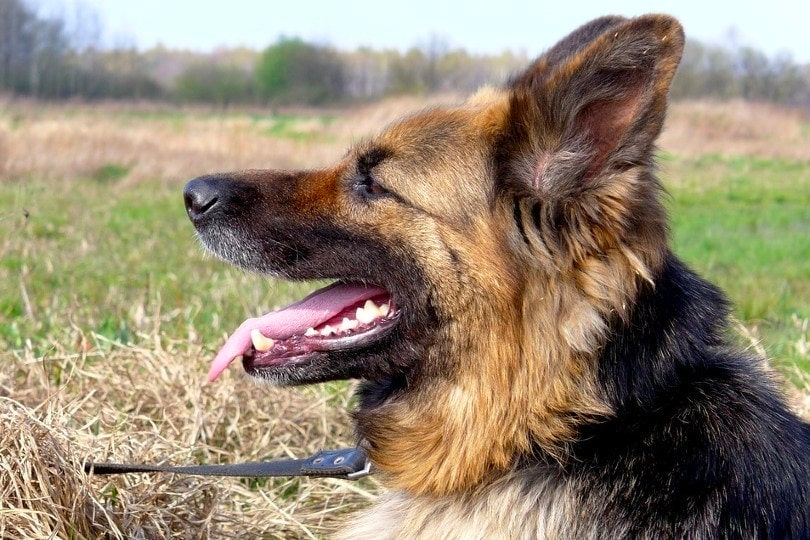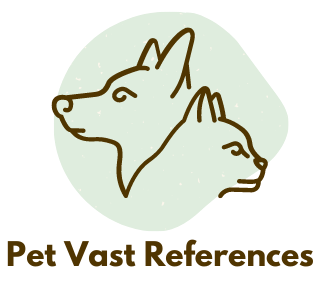Contents
An enlarged heart is deceptive in nature – apparently, the dog appears to be fit and healthy when at rest, but the condition happens to be one of the reasons for heart failure in dogs if the animal is subjected to a great amount of physical stress. Especially young dogs cannot withstand continued exertion or overwork – in their body the adverse conditions related to an enlarged heart starts developing soon after. But the disease takes on its full form in the middle stages of the dog, which include breeds like German Shepherds, Pinschers, Dobermans, Great Danes, Saint Bernards, Labrador Retrievers, and Cocker Spaniels.
What Happens When Heart Enlarges?

When a dog is exposed to extreme strain the heart muscles stretch to adjust to body changes and it remains in the stretched state. In the process of this stretching the elasticity gets lost. Even the sound of the heartbeat can even be heard by keeping an ear on the chest.
An enlarged heart never allows the animal to perform normal activities since it leads to the malfunctioning of rhythmic pumping and flow of blood. Even the normal flow of calcium takes a backseat. The inability of blood to move calcium leads to thinning of the heart walls. Gradually the heart becomes flabby as well as dilated in nature. This thinning has been accounted to the deficiency of taurine, parvovirus, and adriamycin. But why does the flow gets hampered? The reason is enlarged heart creates a blockage that retards the blood passage.
How an Enlarged Heart Gets Noticed?
One of the pertinent signs of an enlarged heart is excessive breathing. Other symptoms include a cough infection and an enlarged abdomen. It never starts showing signs and symptoms of illness at the onset but rather takes a few months to come to the forefront as a canine disease.
Treatment Should Be Immediate After Diagnosis
An enlarged heart needs the right kind of treatment once the disease gets diagnosed after a complete chest X-ray. Electrocardiography or electronic reading of the heart is another way for diagnosing enlarged heart conditions. By studying the pattern of heartbeats or arrhythmia the vet can analyze the size of the heart chambers. Echocardiography uses ultrasound technology to make a definitive diagnosis of the disease. If the disease is ignored it will lead to complete damage to the organ and bring death by heart failure. Within a year or two the dog might die, if not given medical care. Even the life expectancy depends on the breed.
There is no absolute cure for the disease. Quite a number of drugs are available, which when used in combination, can be effective for treating an enlarged heart. The drugs that help are:
- Digoxin – helps in contractions of the heart
- ACE Inhibitors – help in reducing blood pressure
- Diuretics – helps in removing water and also works on kidneys
At home too, you can take care of your pet with an enlarged heart. The dog diet should be low on salt to reduce liquid retention. Dietary supplements like Taurine (an amino acid that is produced by dogs in a natural way), Carnitine, and Coenzyme Q are recommended by vets. Taurine helps in the regulation of the heartbeat and helps in calcium absorption in times of reduced oxygen levels in the blood. It also protects the heart from the problem of an overload of calcium. Cartinine and Coenzyme Q help to bring fatty acids into the cells of the muscles, thereby converting them into useful energy that the dog’s body requires the most.

 Hemophilia A in German Shepherds: Causes and Treatment
Hemophilia A in German Shepherds: Causes and Treatment